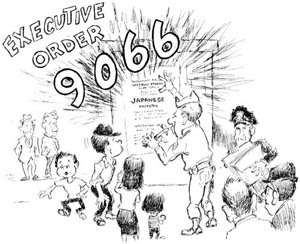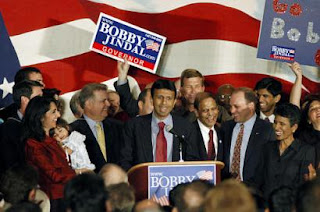Juvenile justice reform
Steven Guerra, the governor’s deputy chief of staff for social services, helped kick off the first conference of its kind in Illinois Wednesday morning in Springfield. He spoke at the 1st Annual Collaborative Juvenile Justice Conference, where he said juvenile justice is a “life and death” situation for him, that he was one of the “street kids” once shot at three times but, luckily, unharmed.
“I am one of the kids that actually, you guys caught,” he told hundreds of juvenile justice officials at the President Abraham Lincoln Hotel and Conference Center. “Were it not for you, certainly like a lot of my friends, I would have been caught up in what we now know is a cradle prison pipeline.”
His comments mirror the results of a report also released Wednesday that says Illinois falls below national standards in helping kids stay out of the juvenile justice system. That’s partially because the kids often lack adequate legal representation and, in 70 percent of the cases, agree to plea bargains (or plead guilty) rather than take the time to fully consider how the case should proceed. The study was released by the Children and Family Justice Center of the Northwestern Law School and the National Juvenile Defender Center. (Here’s the executive summary.)
The three-day conference where Guerra spoke focuses on the condition of Illinois’s system, including the status of the relatively new state Department of Juvenile Justice and such other alternative youth programs as Redeploy Illinois.
The conference did not paint a rosy picture, but did offer a road map for collaboration. A harsh analysis of state and national systems was spelled out by featured speaker Bart Lubow, a director with the Baltimore-based Annie E. Casey Foundation. It’s an advocacy group started by the founder of UPS shipping services that studies policies and funds programs to help disadvantaged families and kids.
Lubow called the existing national juvenile justice system “the country’s most underachieving and disappointing reform agenda to date.” He said what went wrong was that “we have created a segregated system of justice that primarily serves kids of color or kids who are too poor to buy their way out of it.”
He cited research to demonstrate that states can get kids out of detention centers and into the court system where they are more likely to have successful outcomes, and states can reform their justice systems by shifting the focus away from detention and towards intervention at a much lower cost than it’s doing now. But the trick, he said, is to stop throwing money at new programs in an attempt to improve the effectiveness of the system. He said change has to start with the adults running those systems, and that includes refocusing how officials view the children they’re supposed to help.
“We unfortunately have viewed them for far too long through a lens that is distorted by race, class and place bias. That is, by being biased towards the places where kids come from,” Lubow said. “We talk all the time in juvenile justice about a dysfunctional neighborhoods and dysfunctional families. Dysfunctional is a code word. What we refuse to do, what we have been unable to do because of the distortions in our lenses is to, in fact, recognize the strengths and … redirect our resources to building upon the assets that exist in those communities and within those families.”
The conference touched on a wider array of topics and trends, available from the Juvenile Justice Initiative.
 Despite
Despite 



